I was asked many times how we do things in the Romanian Shinshu sangha. How do we chant, if we do meditation, how is the Dharma talk, etc. The following is a short answer I gave today to a friend:
At Amidaji temple and the dojos affiliated with it we chant (recite) in the traditional way - in sino-japanese, but we have the Romanian translation of the texts we use and the phonetic transcription. We usually recite either Shoshinge (hymn composed by Shinran), Sambutsuge (hymn from the Larger Sutra), Juseige (hymn from the Larger Sutra) or Amidakyo (Smaller Amida Sutra) followed by a (not fixed number) of Nembutsu recitations in the form of “NA MO AMIDA BU”. Thus, when we meet with Jodo Shinshu followers from other countries, we can also have a common religious service (which is very easy to learn given the phonetic transcription), no matter which is their mother tongue. I find it wonderful to see people of different countries having a little service together, while they also have the translation in their own languages. This is also the reason why services are held at Hongwanji mother temple (Kyoto) in exactly the same way. However, our services are not complicated, and do not last long, as we give the most of our attention to Dharma talks and discussions.
I also make refuge ceremonies for those who wish to enter the sangha, when the new member chants together with the sangha The Three Refuges followed by Ryogemon (Shinshu Creed) in Romanian. I also ask my members to learn Ryogemon by heart.
After the chanting, I give a Dharma talk on various topics of Jodo Shinshu teaching followed by questions and answers. I often ask my members various questions to check their understanding. The teachings I give are based exclusively on the sacred texts from the canon of our school. This is because in the Jodo Shinshu sangha of Romania ONLY the words of the sutras and the commentaries of the Masters of our tradition (Shinran, Rennyo, etc) are considered to be the true and real Jodo Shinshu teaching. In the rule 8th of the dojos/temples from Romania it is written:
“In the dojo only the Jodo Shinshu Buddhist teaching is taught in the exact way it was presented in the canonical texts of our school. Those who distort the teaching or wish to spread false views that are not present in the canonical texts, don’t have access at the dojo or temple. This rule applies to visiting teachers/priests, too “
No meditation is taught in the Romanian dojos/temples because Shinran and Rennyo did not taught meditation and our tradition is not about meditation. Also, in the Primal Vow, only Nembutsu, Faith and the wish to be born in Amida's Land are mentioned, and we do not feel the need to add something to it. Jodo Shinshu is a Buddhist teaching complete in itself and our single desire is to be in accord with the Primal Vow.
The greatest importance in the Romanian Shinshu sangha is placed on understanding the Dharma, listening the Dharma over and over again, asking questions, etc. Listening the Dharma is the only way to open the mind and heart to the Call of Amida Buddha. This is in accordance with the teaching and instructions of Shinran and Rennyo who always emphasized listening the Dharma.
Chanting at the beginning of the meeting is only as a prelude to listen to the Dharma and to express gratitude. But of course, if some people can't chant (although it is very easy and chanting can be learned in a few minutes by phonetic reading), they can simply stay silently with their hands in gassho and join us in the Nembutsu.
At the beginning of the meeting, when people enter the dojo, they bow to the sacred image of Amida at the entrance, then they bow to greet the other members. They do the same at leaving the dojo. All members and visitors, no matter they are priests or lay, must follow the rules of the dojos.
______________________________________________________Notes:
I am trying to make my members aware of the modern divergences from the Shinshu teaching that are prevalent in our days so that they can stay away from them.

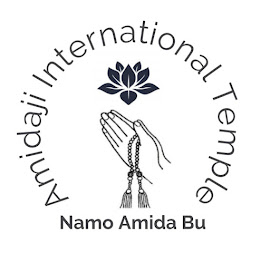



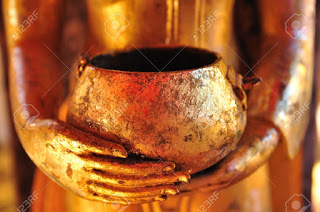


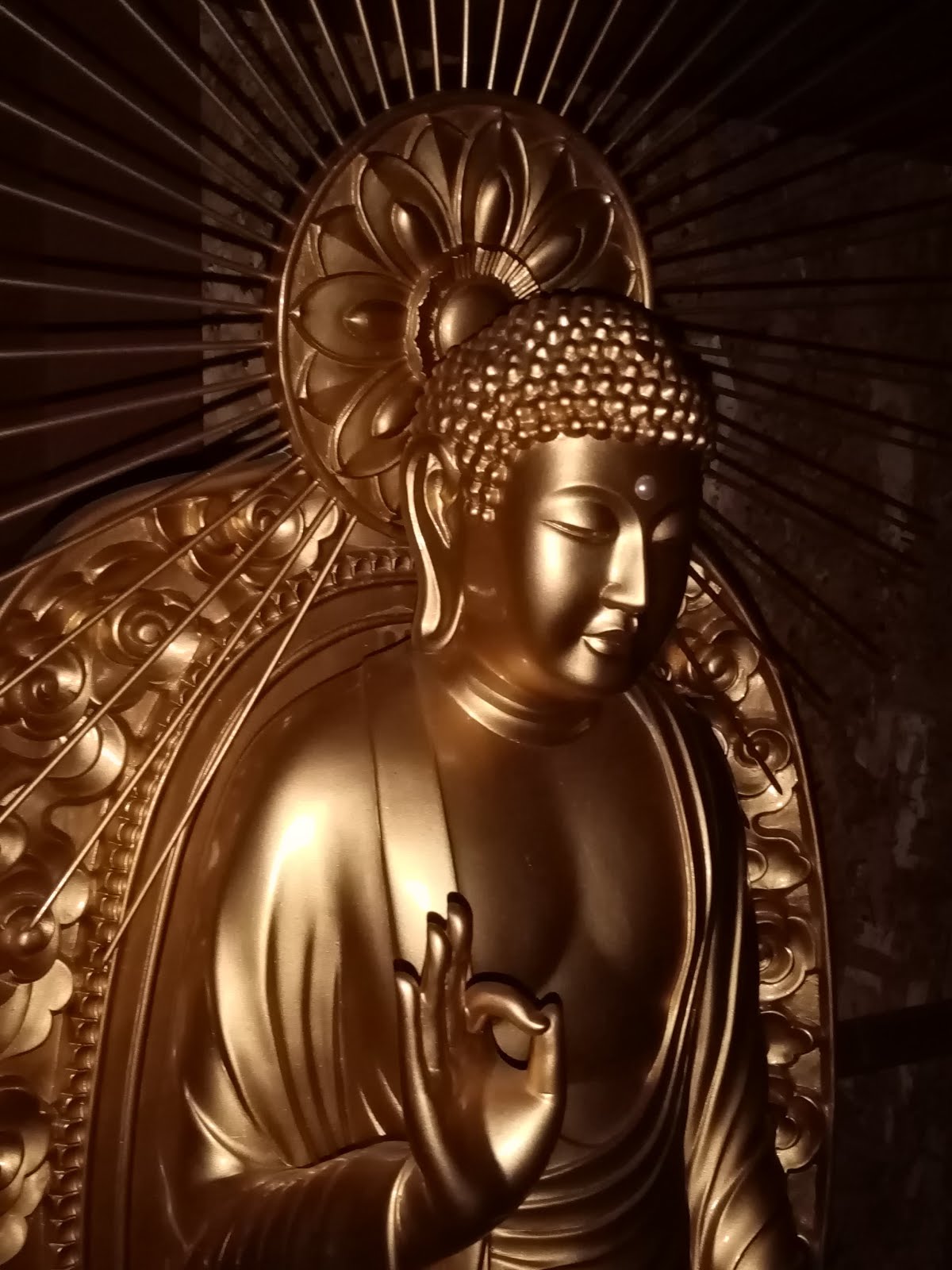

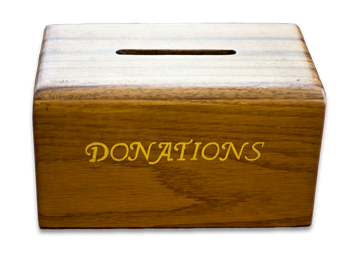








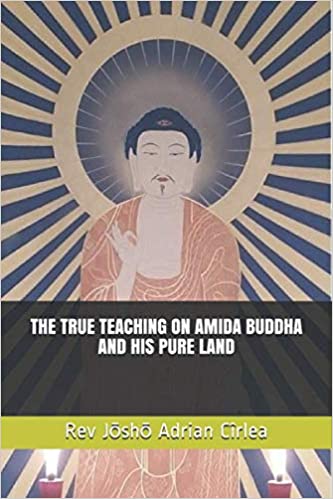

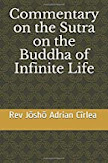



0 comentarii:
Post a Comment